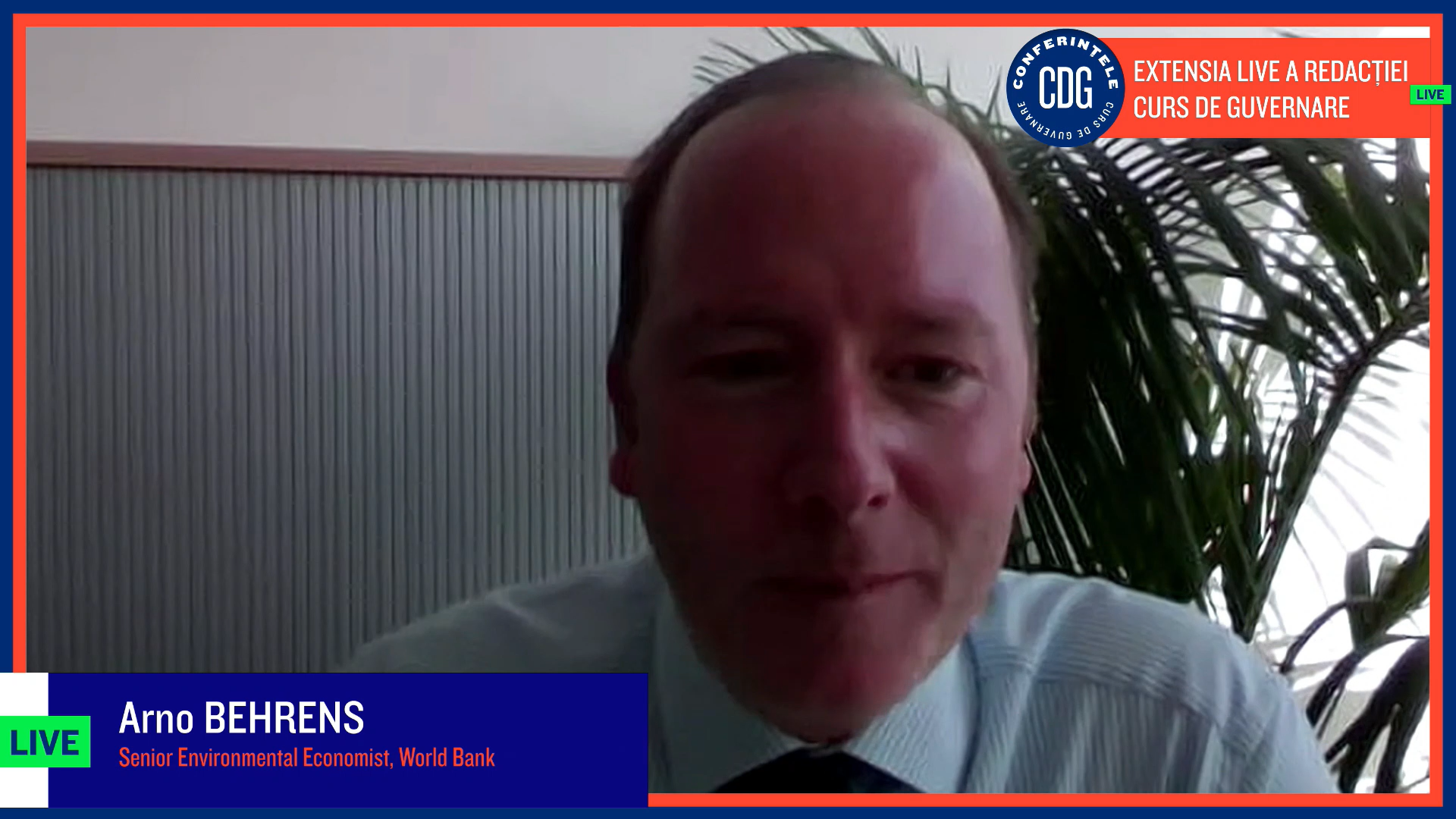





London has been ranked as the city with the highest concentration of 'human capital' in the world, according to a study by Oxford Economics. The study, which measured the 1,000 largest cities in the world across five categories including Economics, Human Capital, Quality of Life, Environment, and Governance, found that London came second overall and beat Tokyo and Riyadh in the human capital category. London's transport system was a winning factor, as its metro economy is the largest in the world. The top three cities in the study were New York, London, and San Jose. Melbourne and Zurich also scored highly in Economics, with Melbourne excelling in the Environment category and Zurich having the best Quality of Life score. The study aimed to determine what defines the success of a city [6b677b5d]
This news comes as Romania faces challenges in developing its circular economy due to a shortage of environmental specialists. Arno Behrens, Senior Environmental Economist at the World Bank, highlights Romania's weak circular economy, with a recycling rate of only 1.3% and over 98% of materials ending up in landfills. The report recommends that Romania quickly transpose EU secondary legislation, such as the Single-Use Plastics Directive, and implement legislation for composting. It also emphasizes the need for better waste management, increased collection of recyclable materials, and improved public awareness and data quality [48f8741a].
Despite making progress in adopting a national strategy for the circular economy, Romania still has room for improvement, particularly in waste management and the promotion of green procurement. The report points out the potential for innovation and niche businesses to develop in Romania's circular economy. However, the shortage of environmental specialists hinders the country's ability to fully embrace the circular economy and achieve higher recycling rates [48f8741a].
To overcome this obstacle, Romania needs to invest in the education and training of environmental specialists. By building a skilled workforce in this area, the country can enhance its circular economy efforts and contribute to a more sustainable future. Additionally, Romania should prioritize the transposition of EU legislation and the implementation of effective waste management practices to improve recycling rates and reduce landfill waste [48f8741a].
In addition to the shortage of environmental specialists, Romania also faces challenges in textile recycling. Less than one percent of clothing fabric in Europe is recycled into new clothing, and most textile waste in Europe is either dumped or burned, with only 22 percent being recycled or reused [b45834a1]. The global textile recycling market is expected to grow in the next five years, with the Asia-Pacific region, particularly China, Japan, and India, experiencing relatively faster growth. However, this growth is not expected to significantly impact the overall market growth rate, which is slower in the West [a1297217].
The lack of consistent data on the quantities and fate of used textiles and textile waste in Europe further complicates the issue. Textile waste collected in Europe often ends up in African secondhand markets or open landfills [b45834a1].
To address the challenges in textile recycling, it is crucial for Romania and other European countries to invest in research and innovation in textile recycling technologies. This includes developing methods to separate and recycle clothing made from multiple fibers. Additionally, promoting repair, reuse, and upcycling of clothing can help reduce textile waste and extend the lifespan of garments [b45834a1].
The Surf Coast community in Australia also recognizes the importance of recycling and is inviting feedback on a draft Circular Economy Action Plan. The plan aims to avoid waste, increase resource recovery, and regenerate nature. It focuses on reducing waste to landfill per household, increasing resource recovery, and reducing food and garden waste to landfill. The council aims to enable greater focus and guidance on these priority areas to work towards a low-waste future [c7d6f395].
Three primary schools in Oxfordshire, England have been ranked among the top 500 by The Sunday Times schools guide. The Grange CP School in Banbury was placed 151st, Kingham Primary School was ranked joint 316th, and St Thomas More RC Primary School in Kidlington was placed joint 447th. The Sunday Times Parent Power league table ranks the best primary schools in England based on various factors. The data shows that across the country, combined reading, writing, and math levels are still lower than they were before Covid. In the most recent tests, 59% of pupils reached the expected level in English, grammar, and math combined, compared with 65% in 2019. The article also mentions the challenges faced by teachers, including falling attendance, a mental health crisis, and overweight and screen-addicted children [c2a884b2].
Overall, while Romania faces challenges in developing its circular economy, London sets an example as the city with the highest human capital in the world. By addressing the shortage of environmental specialists and implementing the recommended measures, Romania can make significant progress towards a more sustainable and circular economy.